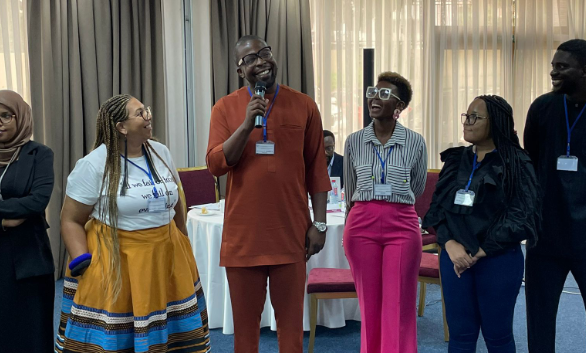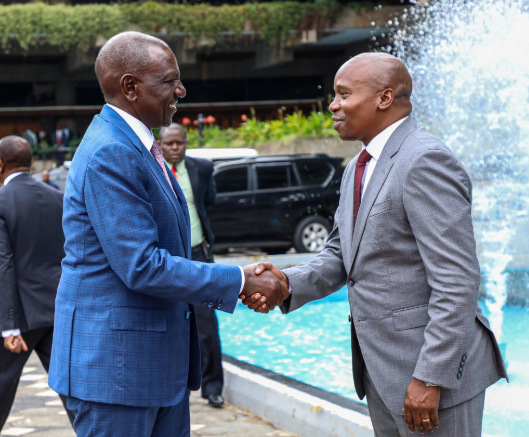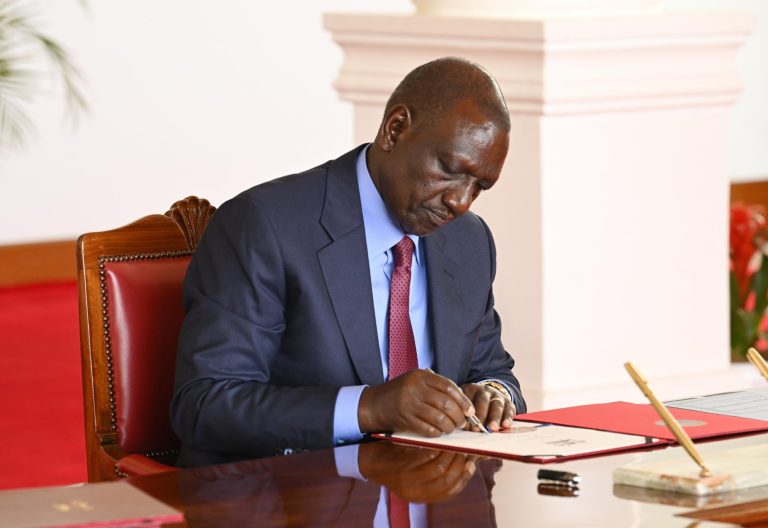Actively engage youth in food systems leadership

Tracking Financial Flows into Food Systems (3FS) is a crucial tool for measuring resource allocation within these critical sectors. Increased financial flow is essential, as “where your treasure is, there your heart lies.”
Engaging young people in this process is fundamental to achieving zero hunger, ending poverty, and navigating climate change. Notably, low youth involvement is associated with limited financial returns for smallholder farmers and small and medium enterprises.
The UN Food Systems Coordination Hub, through its Global Food Systems Leadership Programme, convened 27 African youth leaders in Accra, Ghana. This meeting aimed to build a network of next-generation leaders and emphasized the importance of systems thinking, which aligns with a whole-of-government approach to policy making and implementation. Following the programme, youth leaders were encouraged to mobilize further youth engagement in food systems.
Despite Kenya’s constitutional recognition of public participation and international calls for engagement, current involvement remains voluntary. While citizens are not compelled to participate, their active involvement is crucial for generating new, diverse, and innovative ideas.
Public participation empowers citizens, improves government-citizen relations, and ensures programme legitimacy. It also prioritizes projects effectively, enhances service delivery, and fosters responsive governance.
While the right to participate is enshrined in the Constitution, “choice architects” are needed to encourage youth engagement. As discussed in Cass Sunstein and Richard Thaler’s “Nudge,” choice architects can nudge young people towards engagement.
Initiatives like the UN Food Systems Coordination Hub food systems youth leaders programmes are invaluable in this regard. Food systems leaders can act as ambassadors, disseminating knowledge and igniting a passion in young people to track financial flows within the system.
The stakes for youth are high. A broken food system jeopardizes food security now and in the future. Insufficient financial allocation hinders infrastructure development, limiting opportunities for young people to utilize their skills and generate income. This could lead to a mass exodus from the food systems, highlighting the critical need to empower and enlighten young people.
Building capacity for participation starts with understanding the policymaking process. Repeated participation is fostered by critical engagement with an issue. Given the multi-stage nature of policymaking at county and national levels, concerted efforts are needed to build young people’s capacity and understanding in analyzing policies. This can begin at universities through assignments and group discussions that deconstruct government policies and initiatives.
Raising awareness about government policies is crucial for accountability.
Public opinion significantly influences policy formulation and implementation, making informed participation in public debates essential. Additionally, learning to utilize tools like public forums, petitions, and submissions is integral to effective engagement across various aspects of governance, including lawmaking, finance, and public oversight.
A critical mass of young people applying a systems thinking approach will optimise resource allocation and promote balanced growth and development for the nation. By engaging youth, we can build a more sustainable and thriving food system for all.
—The writer is Climate Change and Food system communication consultant












